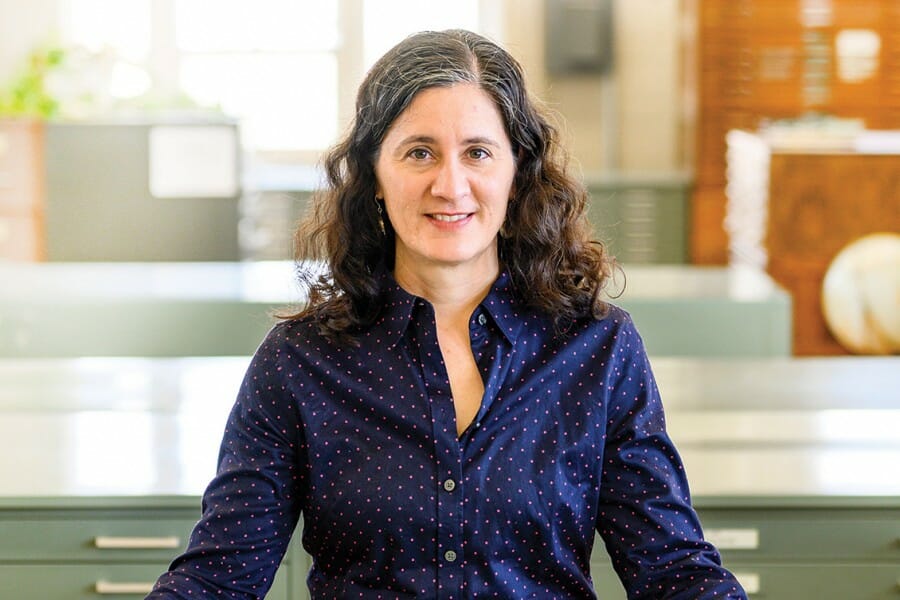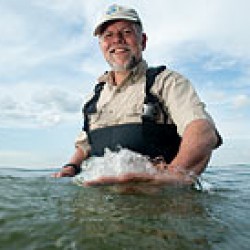#MeToo in Science
53.1%
of female graduate students at the UW have been victims of sexual harassment (2015 AAU survey)
The #MeToo movement reaches far beyond Hollywood and Capitol Hill. The sciences are also grappling with how to address sexual harassment. This past year, the American Geophysical Union adopted a policy that added sexual harassment as a form of scientific misconduct, saying that it willfully compromises the integrity of research just as plagiarism and other misdeeds do. Erika Marín-Spiotta, a UW associate professor of geography, holds a $1.1 million grant from the National Science Foundation to address the issue.
How widespread is harassment in academia?
On average, 50 percent of women faculty [in science] have experienced sexual harassment. Between 30 and 50 percent of [all] undergraduate women have experienced sexual harassment, [according to recent studies].
Why is harassment so common?
[Sexual harassment] is about abuse of power. And in science, you have very strong power differentials between the primary investigator, who has access to the grant funding, and students. There’s also a very tight mentoring model. A graduate student is dependent on one person for research funding, which [becomes] tuition; a stipend, which is rent; and access to specialized instrumentation, field sites, and letters of recommendation. We might spend a lot of time in the lab after hours or in the field in remote areas with a small number of people. Sometimes those work–life boundaries are blurred in science.
How does it compromise the research?
The way we treat people is affecting their quality of data. Some people are afraid to go to the lab and collect data. I can’t imagine being out in the field and thinking, “I don’t want to go over there, because then I’m going to be with this person, and I’m afraid of what they’re going to do to me.” How is that not affecting the science? I always tell my students: don’t do important tasks in the lab when you’re tired, because your brain is not thinking clearly. It’s easy to make a mistake. Similarly, [harassment] is going to affect the decisions you’re making.
How can the sciences combat this issue?
We need to have real, professional consequences. Even when accused faculty are encouraged to resign, they’ll often get hired by another university with a higher salary. It’s really important for funding agencies to say, “We’re not going to give you a $1 million grant if you keep harassing students,” and for a professional society to say, “We’re not going to bestow honors or awards on you.” But we’re trying to make [faculty members] realize that it is their responsibility to intervene and check colleagues’ inappropriate comments, because that’s how a lot of harassment starts.
Interview conducted, edited, and condensed by Nina Bertelsen ’19
Published in the Summer 2019 issue




Comments
No comments posted yet.